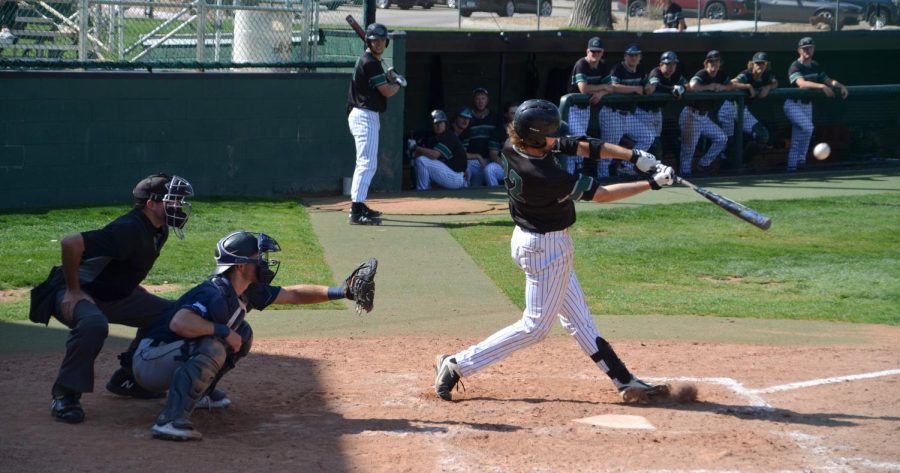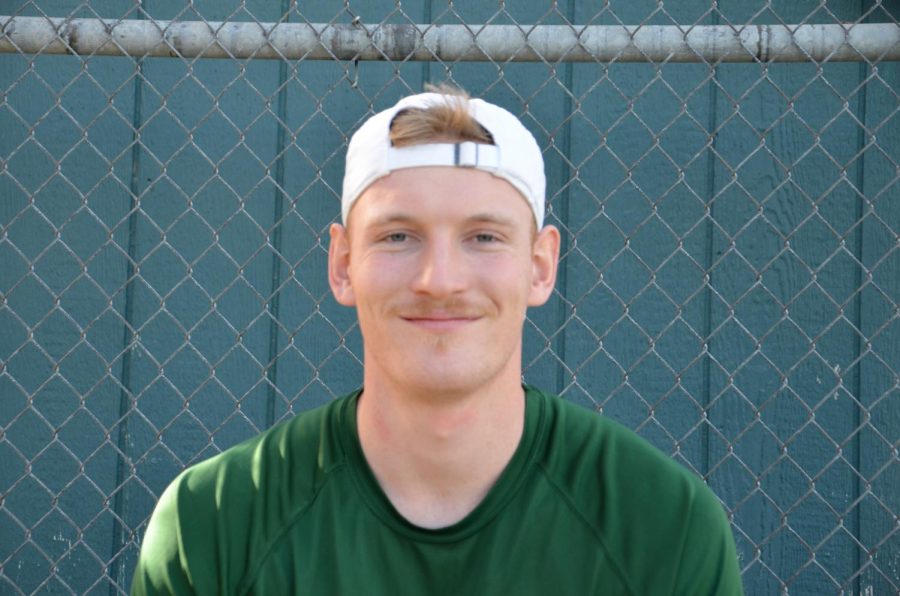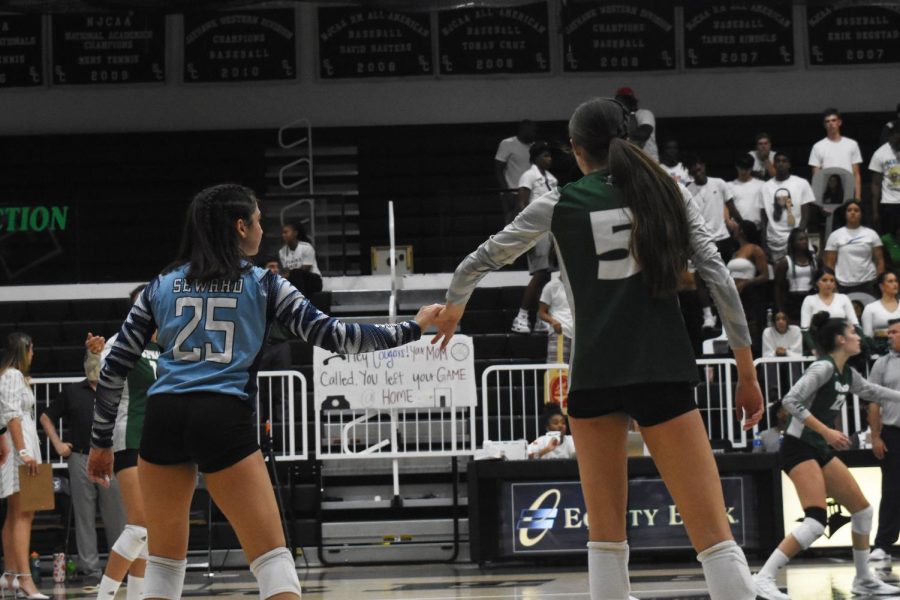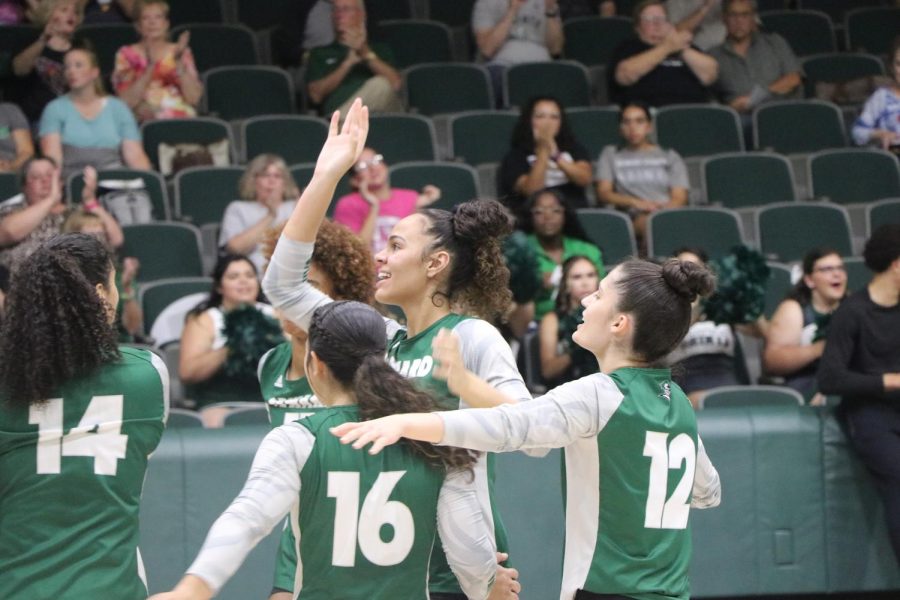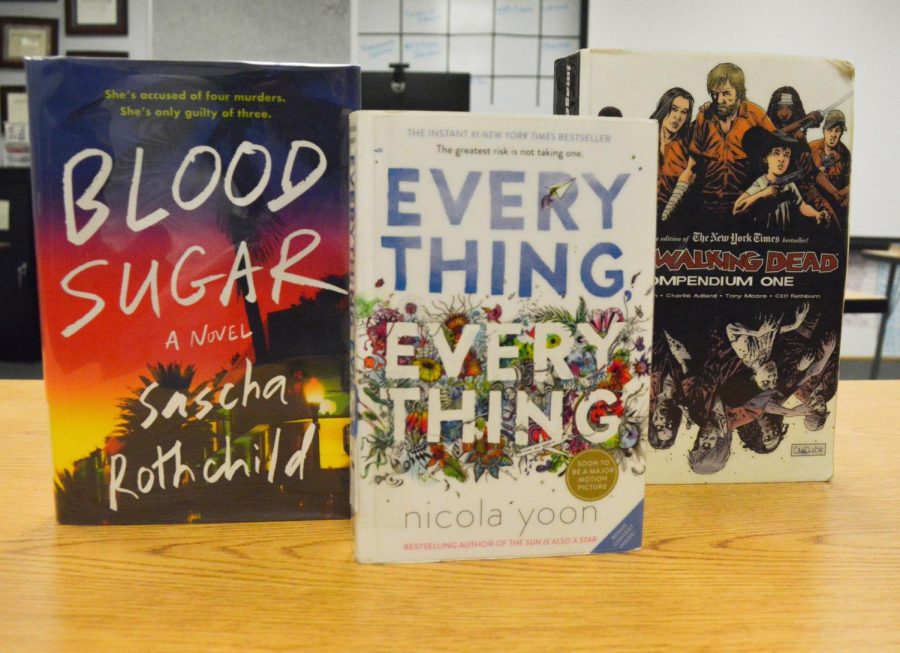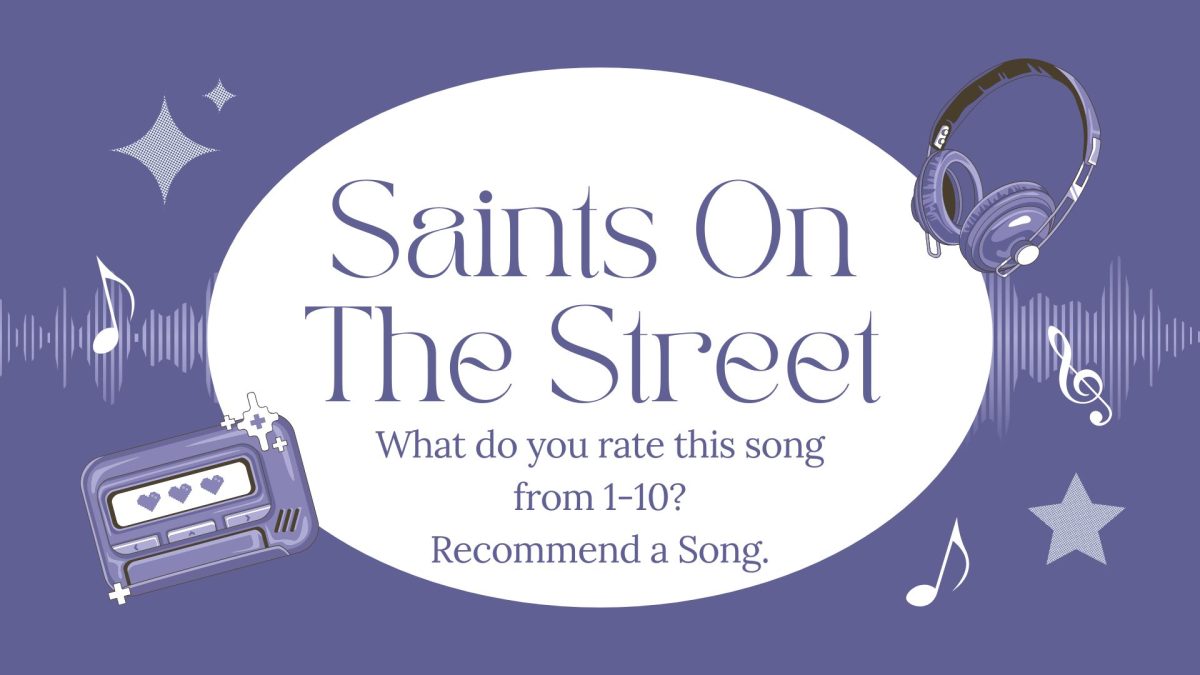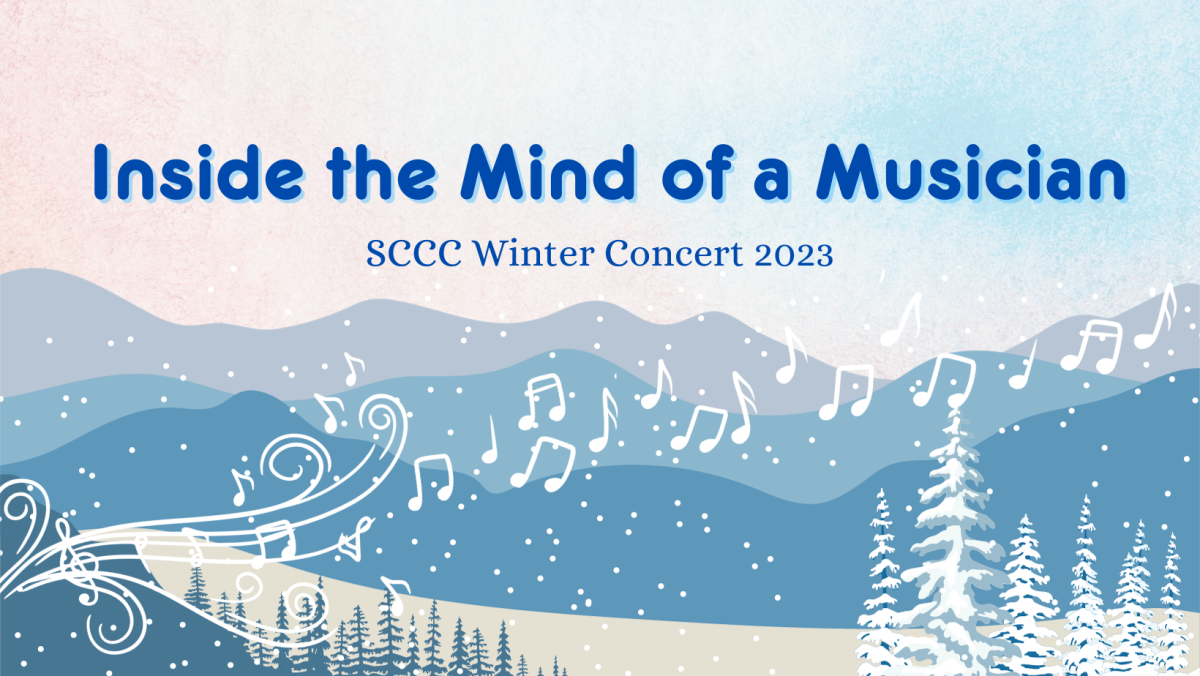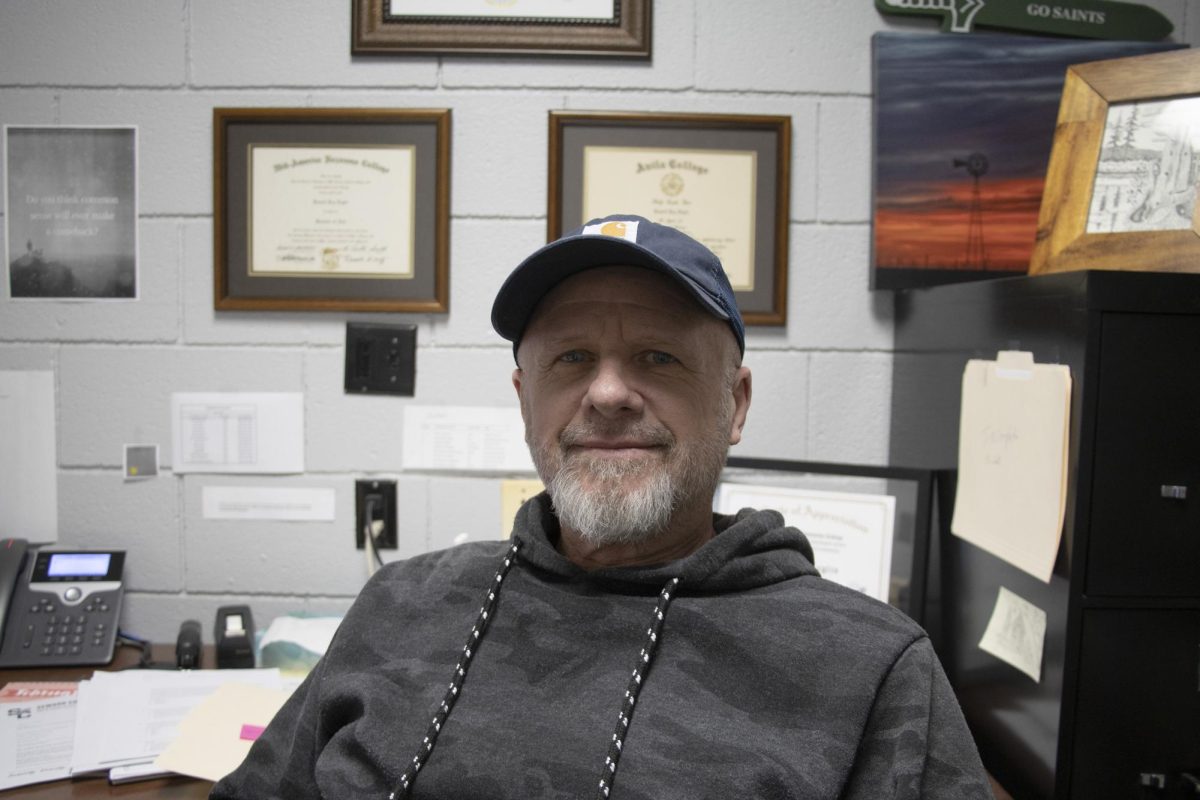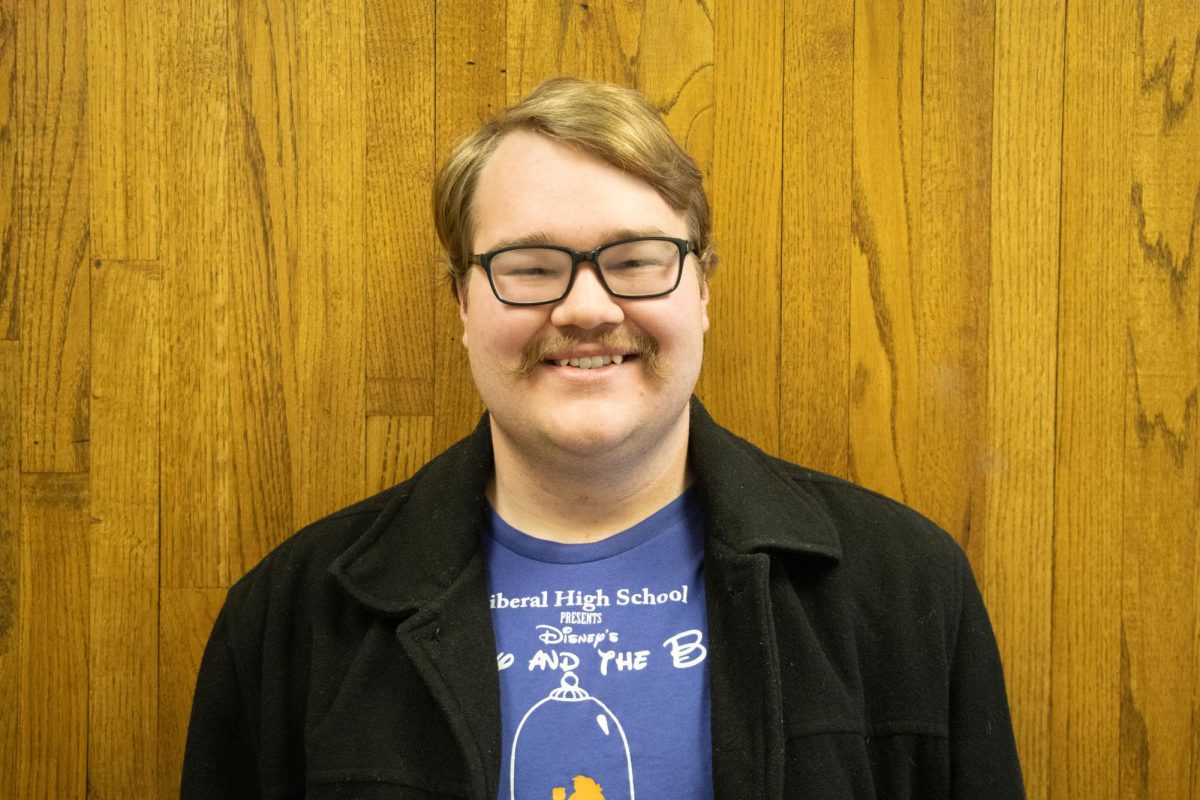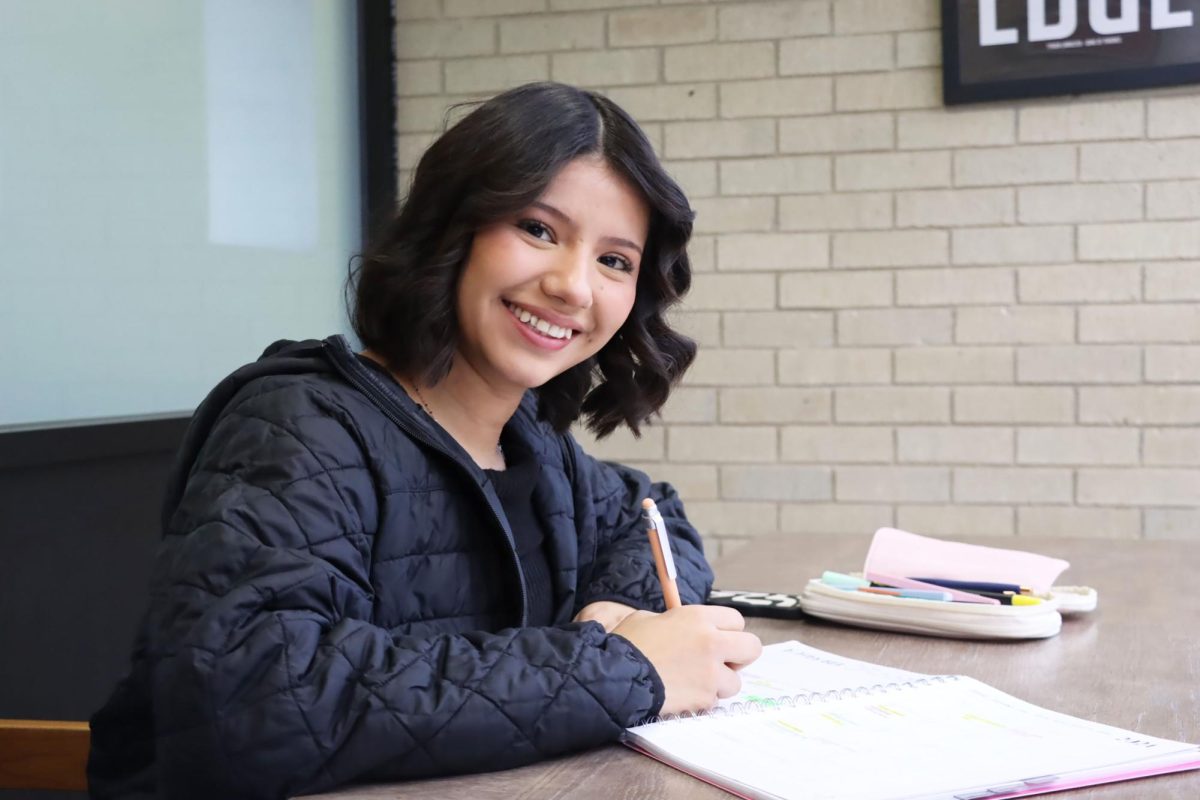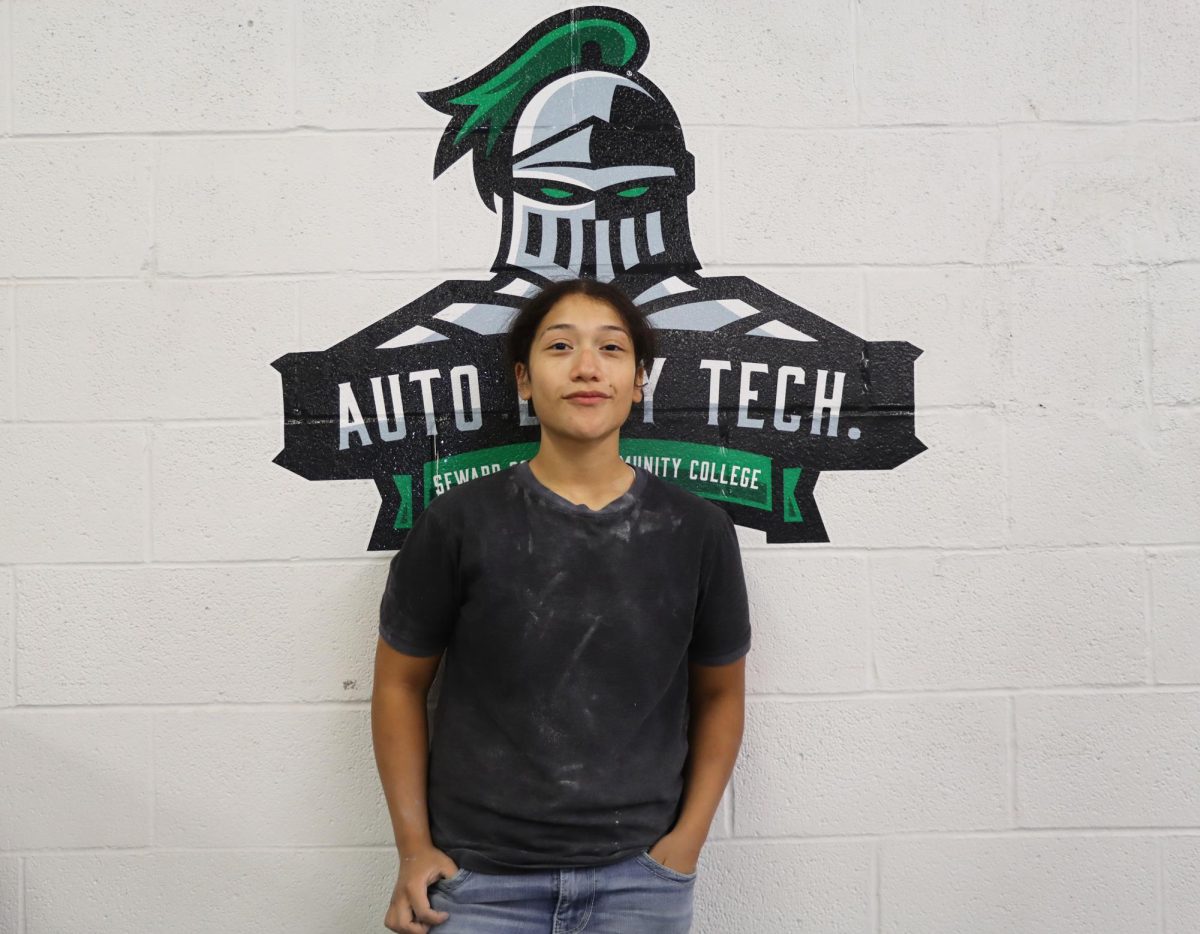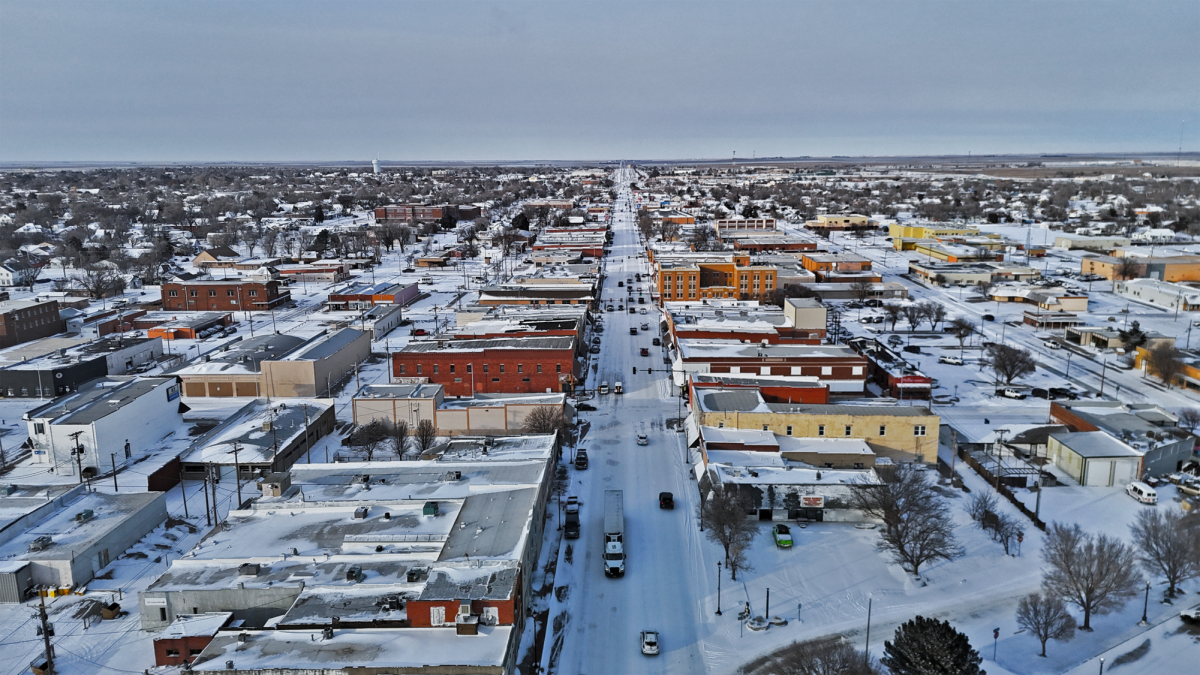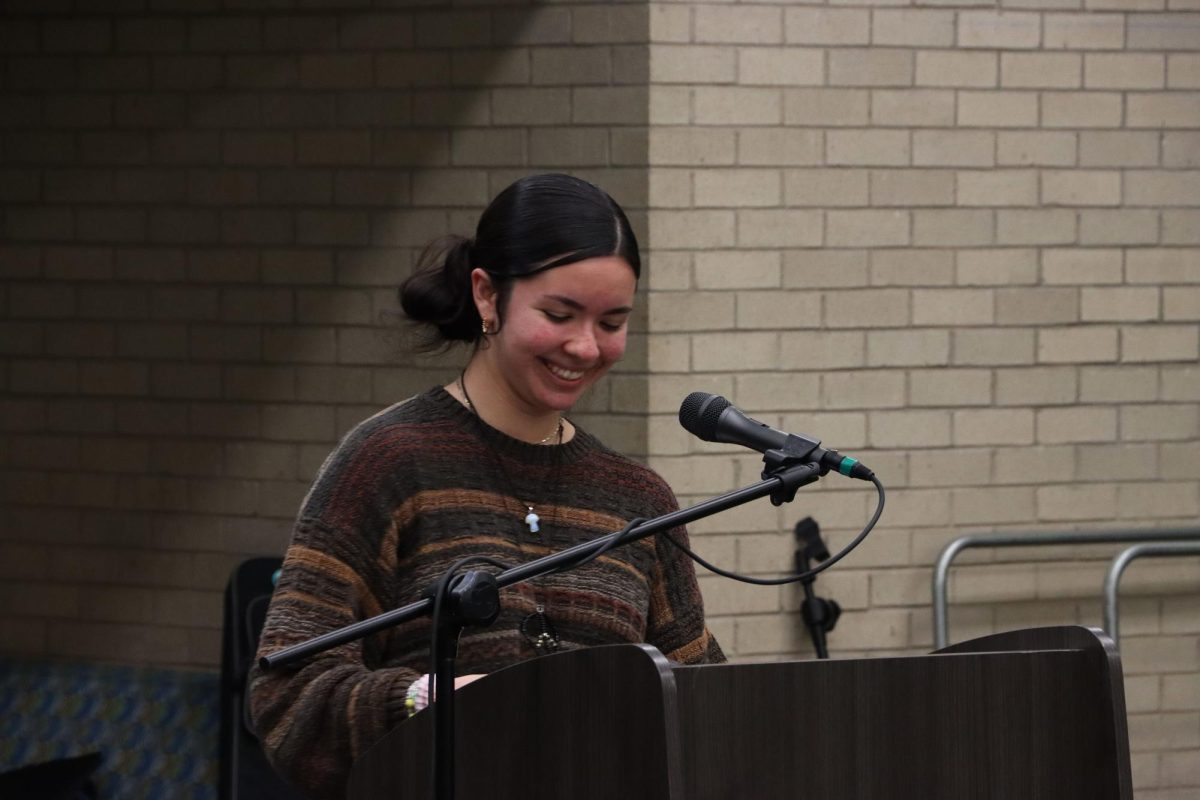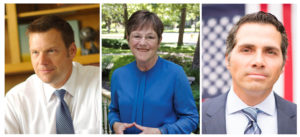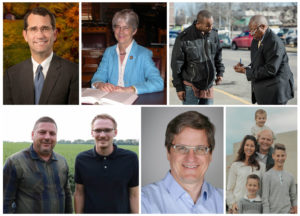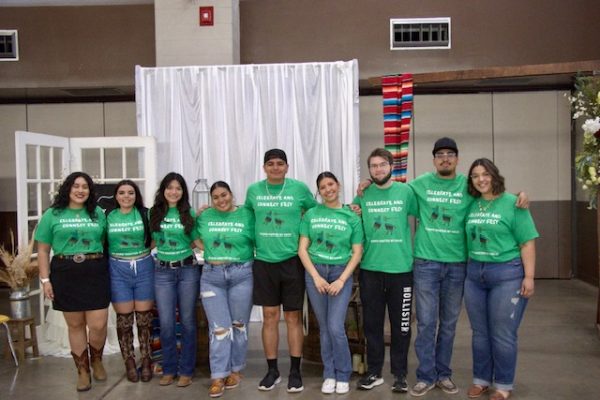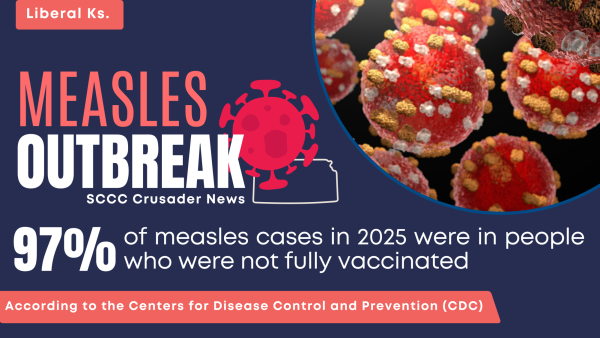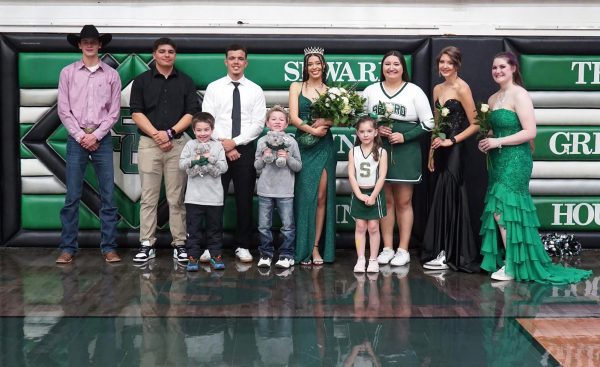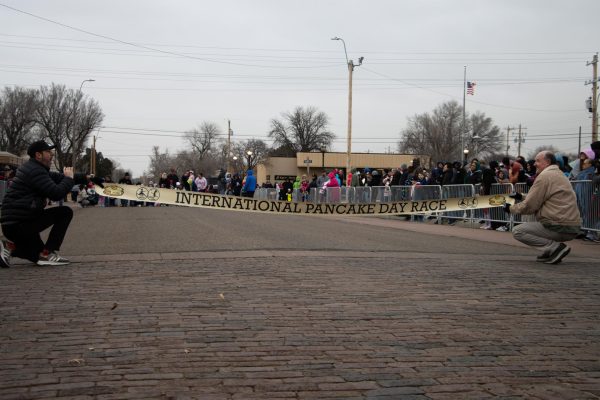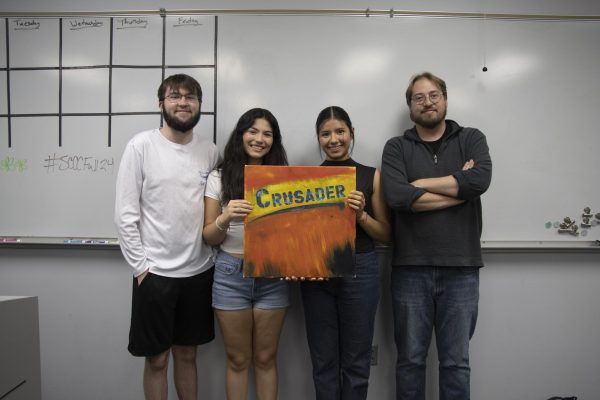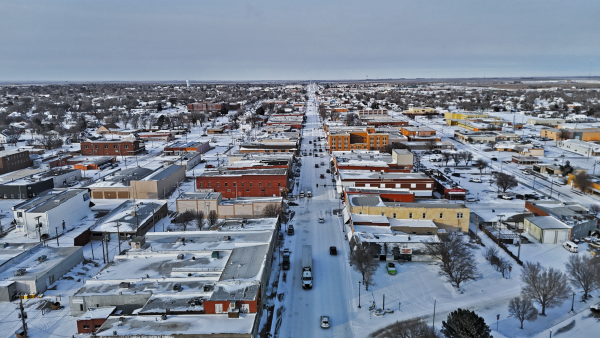Will SCCC students vote in midterms?
National polls predict voters between the ages of 18-24 won’t show up
Young voters are not expected to cast their ballots en masse in the November midterm elections. Seward County Community College voters seem to be no different than the predictions. More than 30 percent of students surveyed on campus said they did not intend to vote on Nov. 6.
The reasons for not voting vary from “not interested” to “can’t vote.” Some admitted that they didn’t even know there was an election. For Marki Anton, it’s all about logistics.
“Travel wise it is not convenient to go out and vote in the county I’m assigned to since I live 30 miles out in the country,” the super sophomore education major explained.
Other students said they are not allowed to vote due to immigration status as DACA recipients. You must be a U.S. citizen to vote.
[playbuzz-item item=”33f75c6f-b1a0-4da6-85ce-3521f0a94e47″ shares=”false” info=”false” wp-pb-id=”718710″]
Click on the photo to vote in the SCCC poll, then see how the campus sways.
An estimated one-third of the SCCC students taking a Crusader poll will not voting even though they could be the deciding factor in a close gubernatorial race in Kansas. Statewide election polls have Kris Kobach and Laura Kelly running neck-and-neck in a virtual tie.
So the question on everyone’s mind is: Will young voters actually go out and vote? Keelin Lahita, a sophomore English major, is certain she will.
“I’m registered to vote so why not,” Lahita said.
Young people fail to enter the voting booth even in the most heated presidential election, only 40 percent voted in the last presidential election. Only 20 percent showed up to the 2014 midterm elections, according to the U.S Census. It was the lowest turnout in the last 50 years.
Jeff Olsen, history instructor, broke down all of the stats and numbers, identifying young voters and if they really do have an impact on elections. He’s taking a cautious view.
“You have to be careful when identifying a group as millennial. You can look at data from past elections and make suppositions on how large groups will vote, but we don’t live in a vacuum.
“In this specific election, the economy, the polarization of Donald Trump and the Kavanaugh hearings can impact the choices that voters make. So data might suggest who will vote and who won’t but the gist is its still a group of people just voting,” Olsen said.
Yet with the governor’s race being so close, young voters could make a massive difference — if they show up. Both liberals and conservatives are calling on them to do so.
Lahita said she wasn’t so sure her generation could make a difference “even if us young people do get out and vote.”
“Old people go out and vote because they have nothing else better to do and the parties have too much influence and they pick people who do what they want,” Lahita said. “Protesting does nothing unless someone does something about it. The best way to ensure change is to vote.”
Change starts by being informed. That means knowing the issues and the candidates. Crusader has a voter guide to help students know the issues of all candidates. Mariah Behrns, freshman pre-law major, encouraged everyone to check out the candidates.
“I believe that we must be informed to vote. Regardless of the political party you identify with, It is important to understand EVERYTHING that you are voting in favor for,” she said. “It is important for us to make our opinion known because we are the future of the United States.”
To find a voting location near you go to https://myvoteinfo.voteks.org/VoterView/Home.do
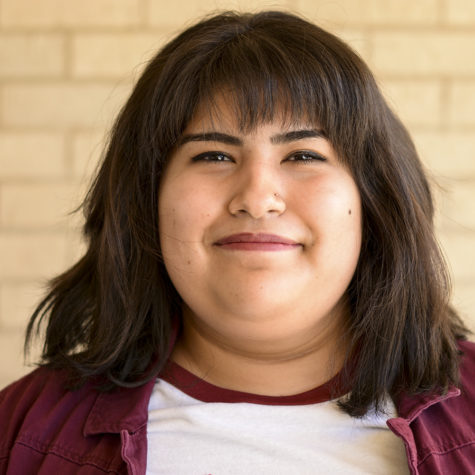
Michelle Mattich was born in El Paso, Texas She enjoys writing, and listening to music. She also enjoys reading a good book...
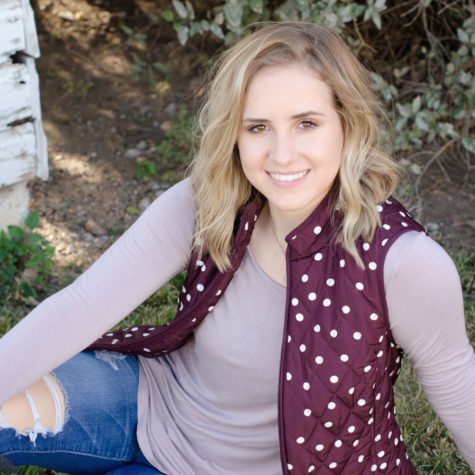
Amberley Taylor loves to design and be creative. Whether it's a graphic or a webpage, she wants the reader to be pulled into...


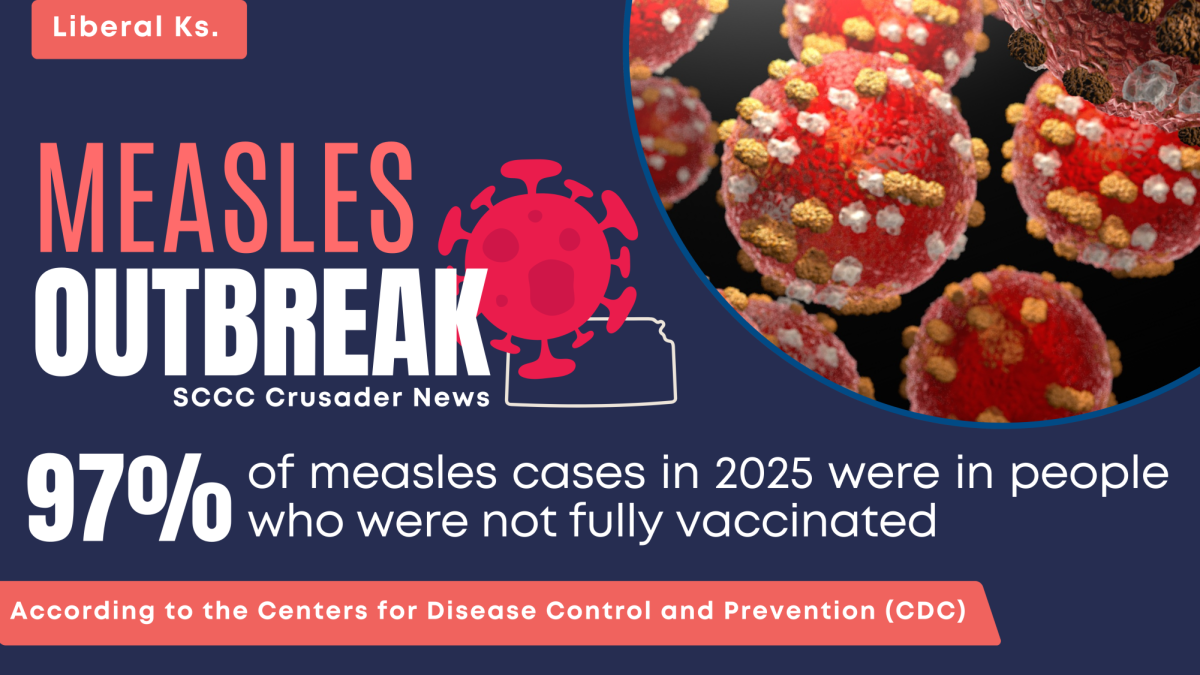
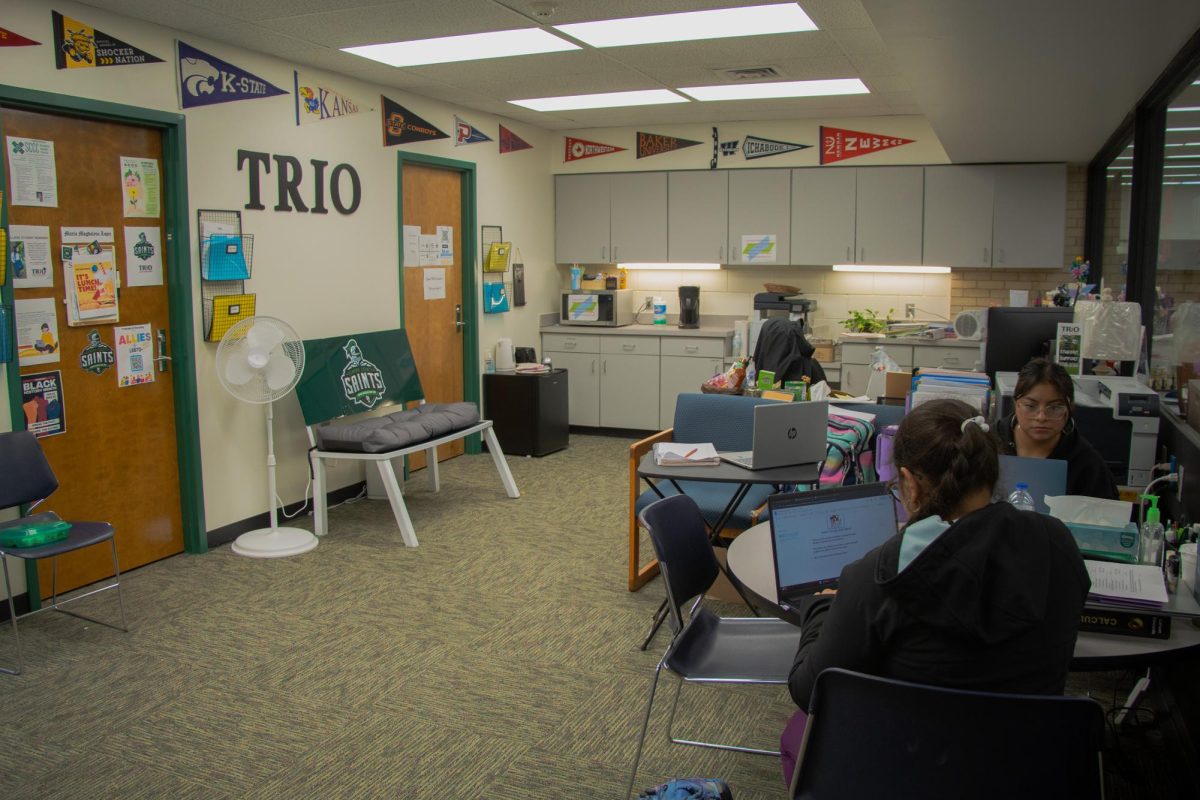
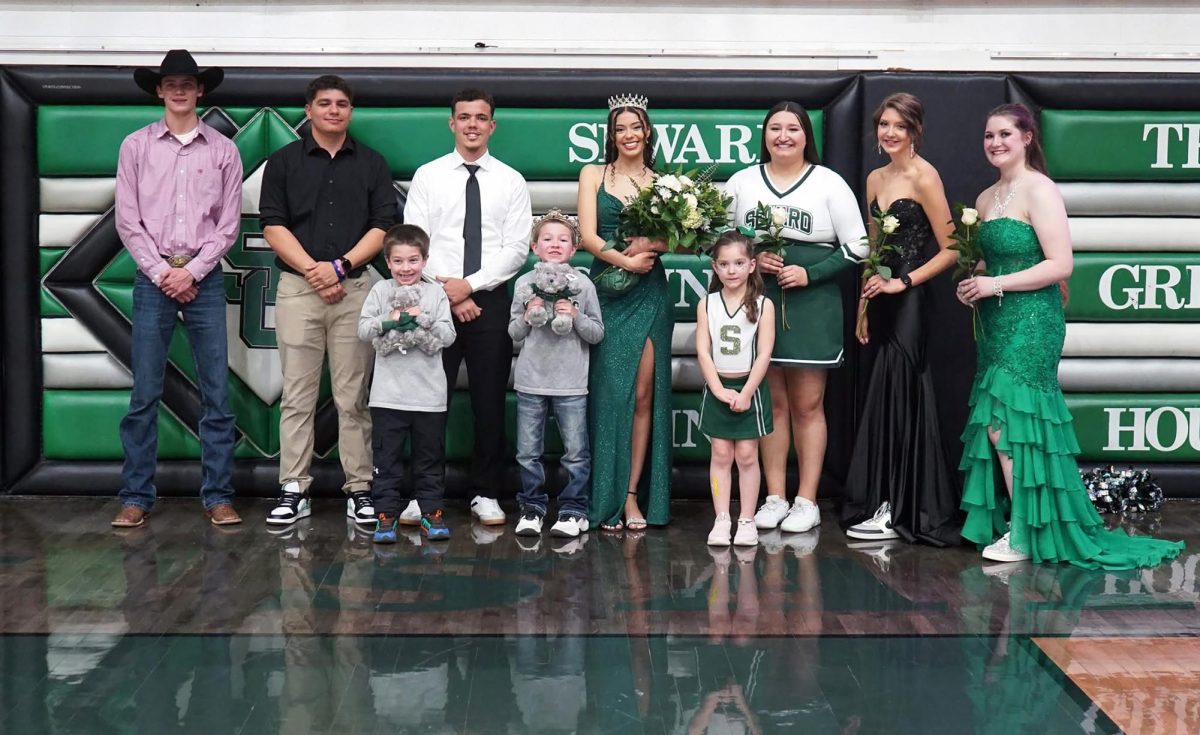
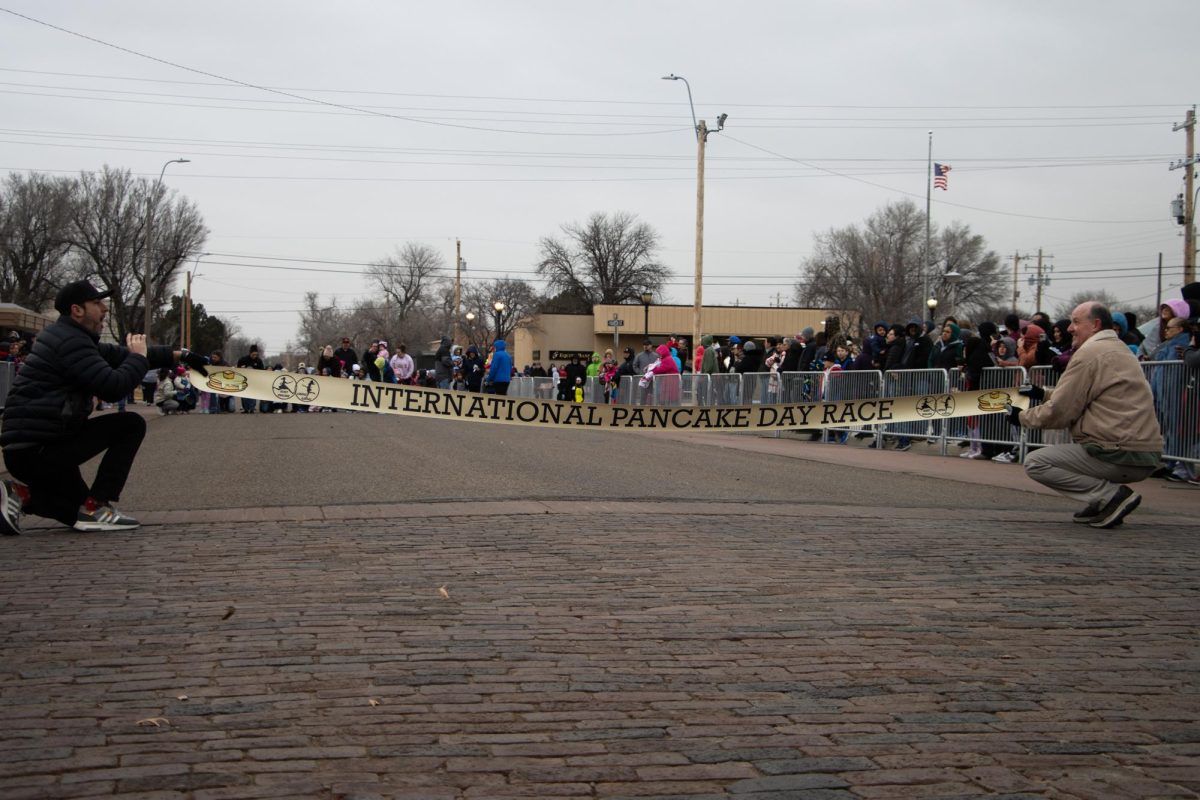








![The sophomores were recognized on the field instead of walking across the stage during their doubleheader. They received their diplomas and a picture of themselves playing during their career at Seward. [Pictured left to right are Dylan Day, Reed Thomas, Jase Schneider, Mason Martinez, Gannon Hardin, Brody Boisvert, and Zach Walker]](https://crusadernews.com/wp-content/uploads/2022/05/WEBDSC_0275-900x454.jpg)
